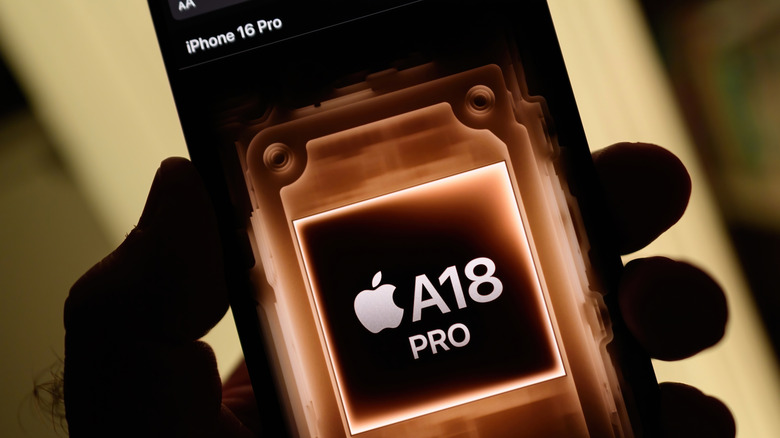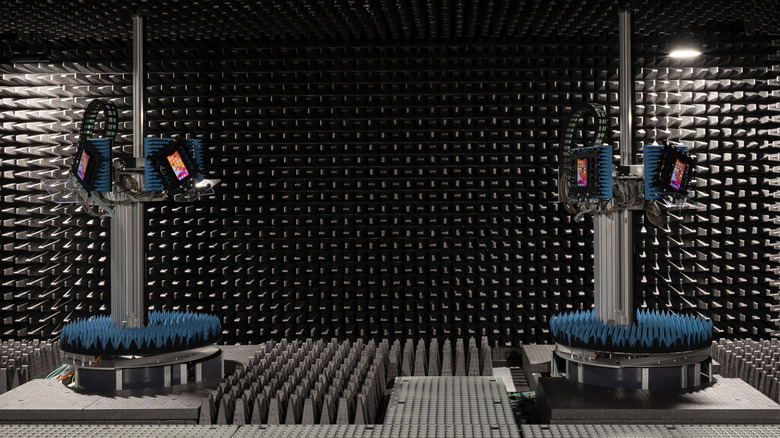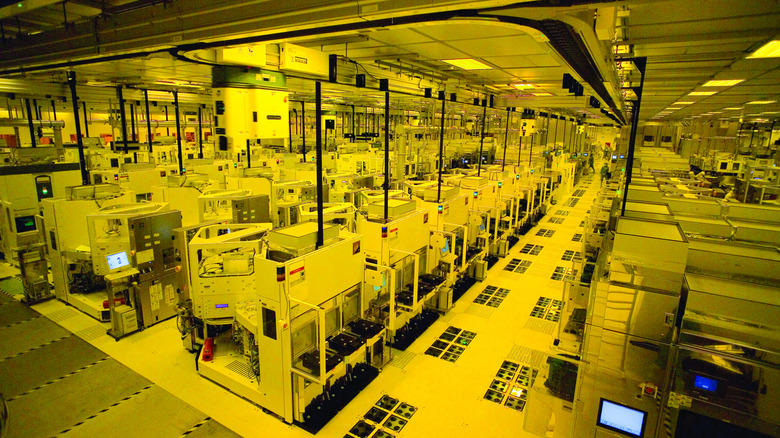Where Are iPhone Processors Made And Who Builds Them?
The short answer is that Apple makes its own chips: The A18 and A18 pro are designed in Cupertino, but looking a bit harder takes us to Taiwan, England, and beyond. There is the design of the chips themselves, which is handled by Apple. Then the design of the cores that those Apple designers use comes from ARM — and the fabrication, which is handled by TSMC.
Pretty much whatever phone you use will have several ARM cores — the Apple A18 Pro chip has six ARM cores. This is the basic innards of the chip, and dates back to the early 1980s when it was designed by Steve Furber and Sophie Wilson, with help from Robert Heaton. So successful has the design been that today, on average, 906 ARM-based chips are made every second.
The Cambridge-based ARM doesn't "make" chips, and instead licenses the raw design to the world. Chip manufacturers can buy finished designs of whole chips, or license the cores in a way that allows further development. Apple, along with the other big manufacturers including Qualcomm and MediaTek, have a flexible architecture license. Apple in particular has a close relationship with ARM, as the processor was first used in the Apple Newton in 1992. Apple was even a major shareholder, investing $3 million to own 43% of the company. However, financial struggles in the late '90s forced Apple to sell its ARM shares to keep the lights on, netting the company $800 million over time.
That said, Apple and ARM maintain a working relationship to this day for smartphone production.
Apple is moving most chip production in-house
Apple has ramped up its in-house chip design over the years, eschewing the Qualcomm processors it used in the past. Today's chip designs are under Johny Srouji, senior vice president for hardware technologies, and an Apple veteran of 16 years. Though based in Cupertino, Srouji was responsible for setting up Apple's R&D center in Herzliya, Israel. This is the second-largest R&D center from the company, and is pivotal in the process of developing iPhone processors. Apple also has a silicon design center in Munich, Germany.
In a smartphone, it is important to remember that the bit that makes it a phone is the modem chip. The processor and modem chips have to be tightly integrated — radio signaling has to conform to millisecond timing so phone calls and texts can be sent over the airwaves.
Apple is currently buying modems from Qualcomm with the SDX 71M chip, but is looking to move that design in-house as well — organizing a new multi-year, multi-billion-dollar agreement with Broadcom Inc. based in Fort Collins, Colorado. Control over the modem will become increasingly important as phone manufacturers ramp up direct to satellite communication as well. Apple also bought significant modem experience in 2019 when it acquired Intel's modem business.
Apple produces most of its semiconductor chips in Taiwan
The Taiwan Semiconductor Manufacturing Company handles the majority of chip production for Apple today. Apple formerly used Samsung, one of the biggest semiconductor manufacturers in the world, for primary chip production until the A8 processor in the iPhone. Since then, the fabrication of all Apple Processors has been by TSMC, although Samsung also made some A9s.
Apple now only uses proprietary processors. The A18 and A18 Pro used in the iPhone 16 and iPhone 16 Pro are fabricated by TSMC using the most advanced 3nm technology. TSMC is only able to do this thanks to the technology developed by its supplier ASML — a Dutch semiconductor company that makes photolithography machines, and also provides the equipment TSMC uses to manufacture nanometer technology in the chips.
There are rumors that some Apple chips are being made in Arizona as well. Independent journalist Tim Culpan reported that the U.S. government's flagship deal with TSMC — part of a $39 billion project connected to the CHIPS Act of 2022 — is making the A16 chip used in the iPhone 14, 15,and 15 plus. Altogether, it's an international effort to make Apple's processors, with people in Cupertino, Cambridge, and Taiwan with a supporting cast in Arizona, Israel, Germany, Holland, and many other countries.


